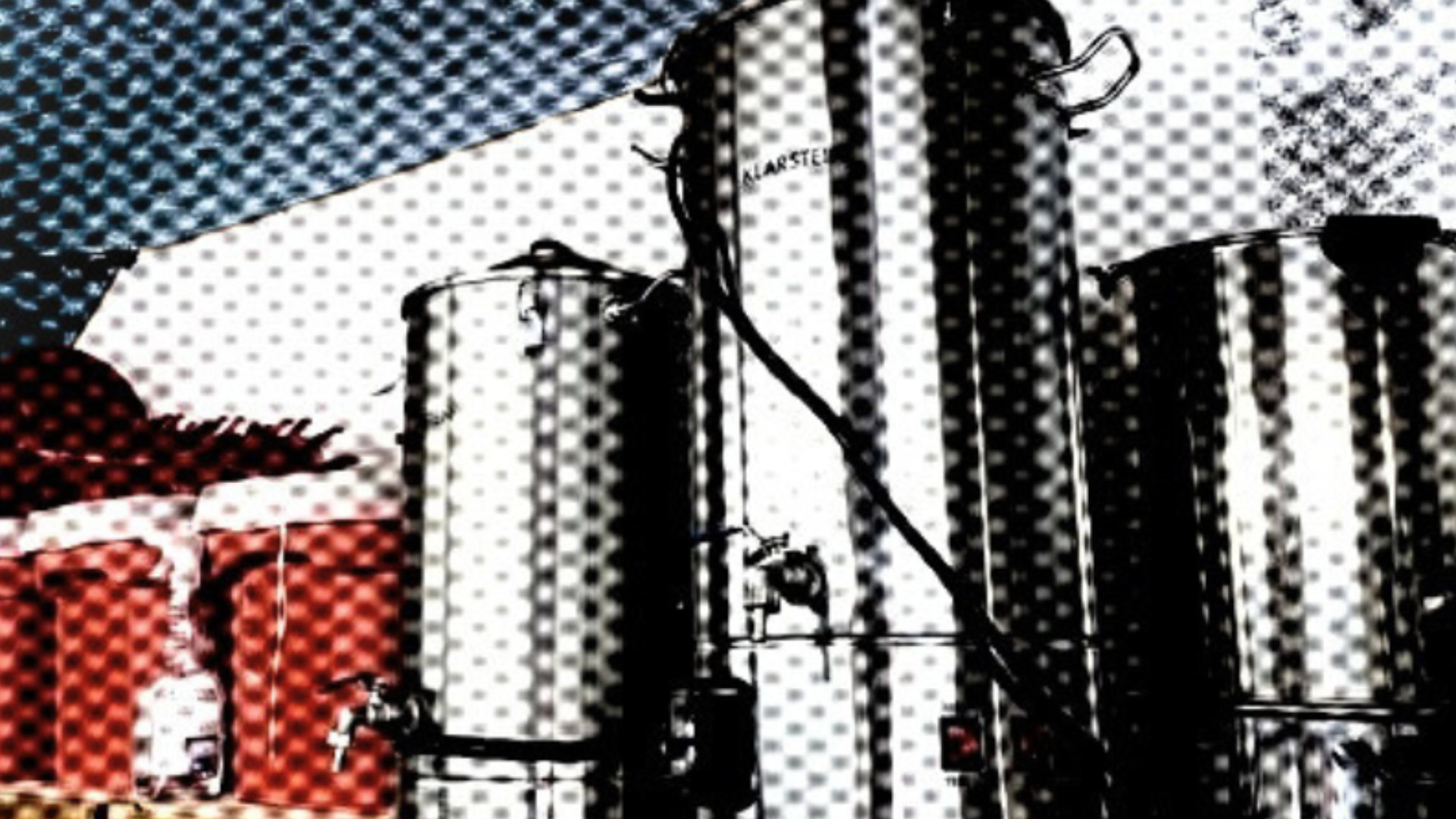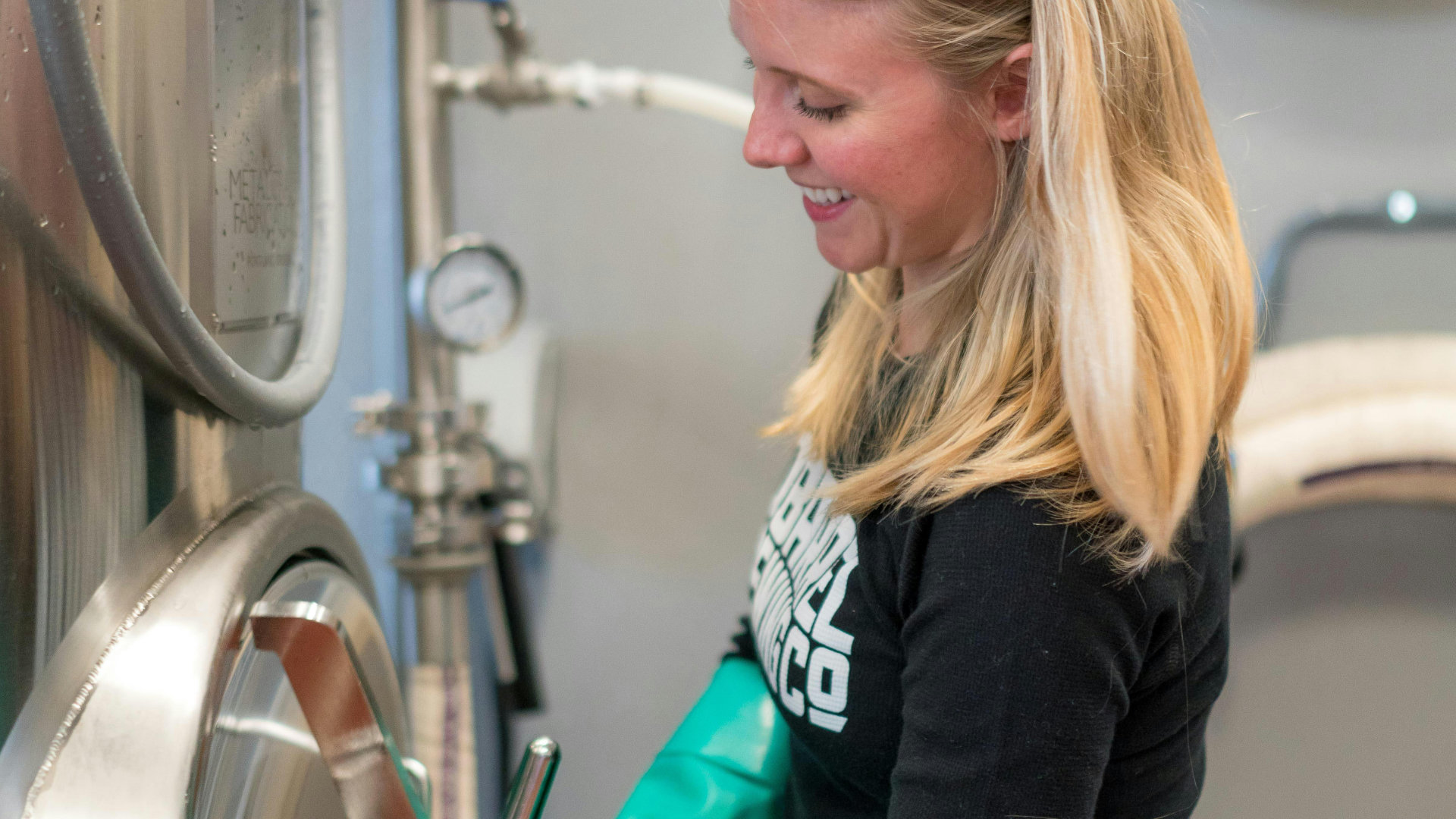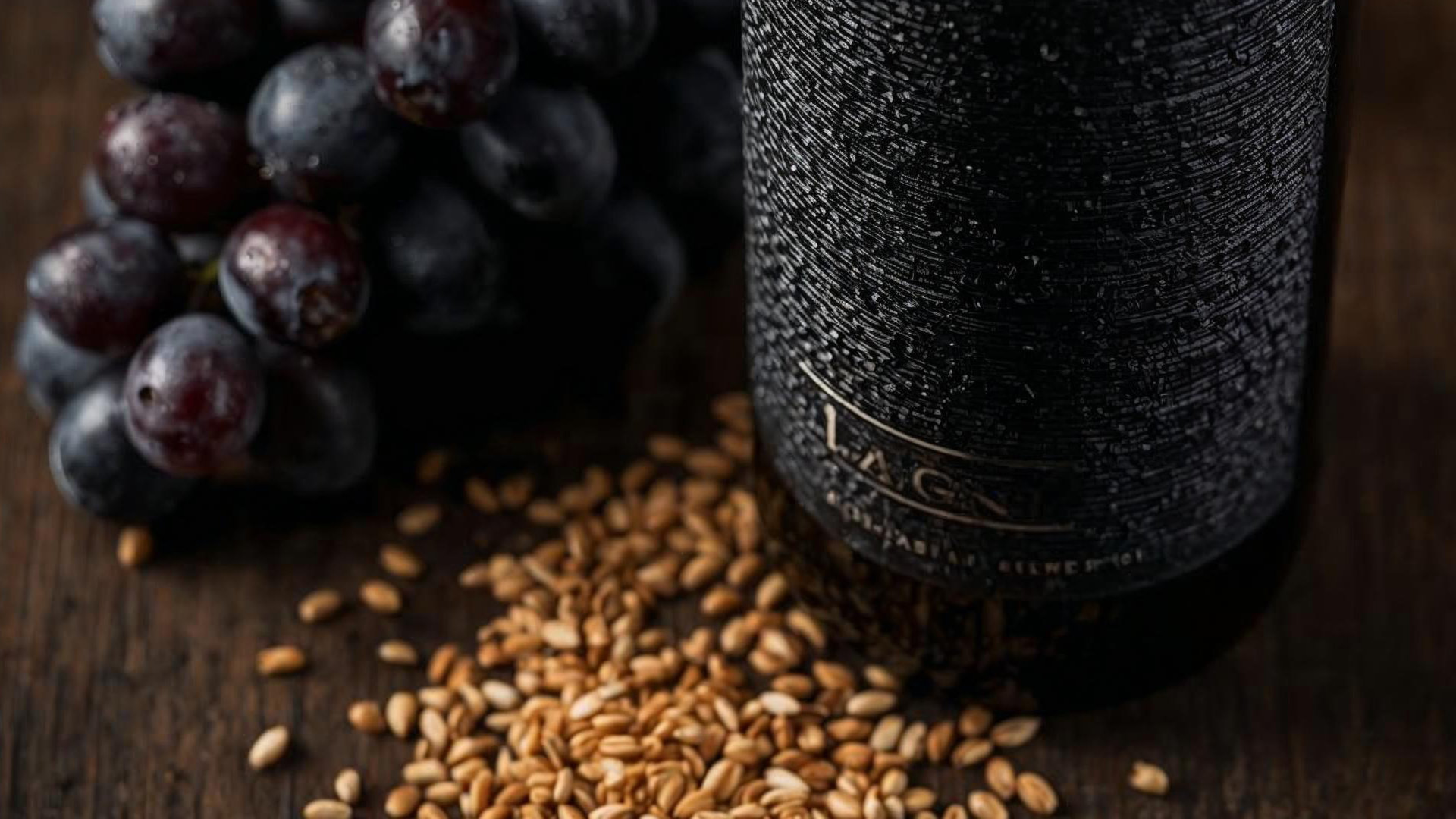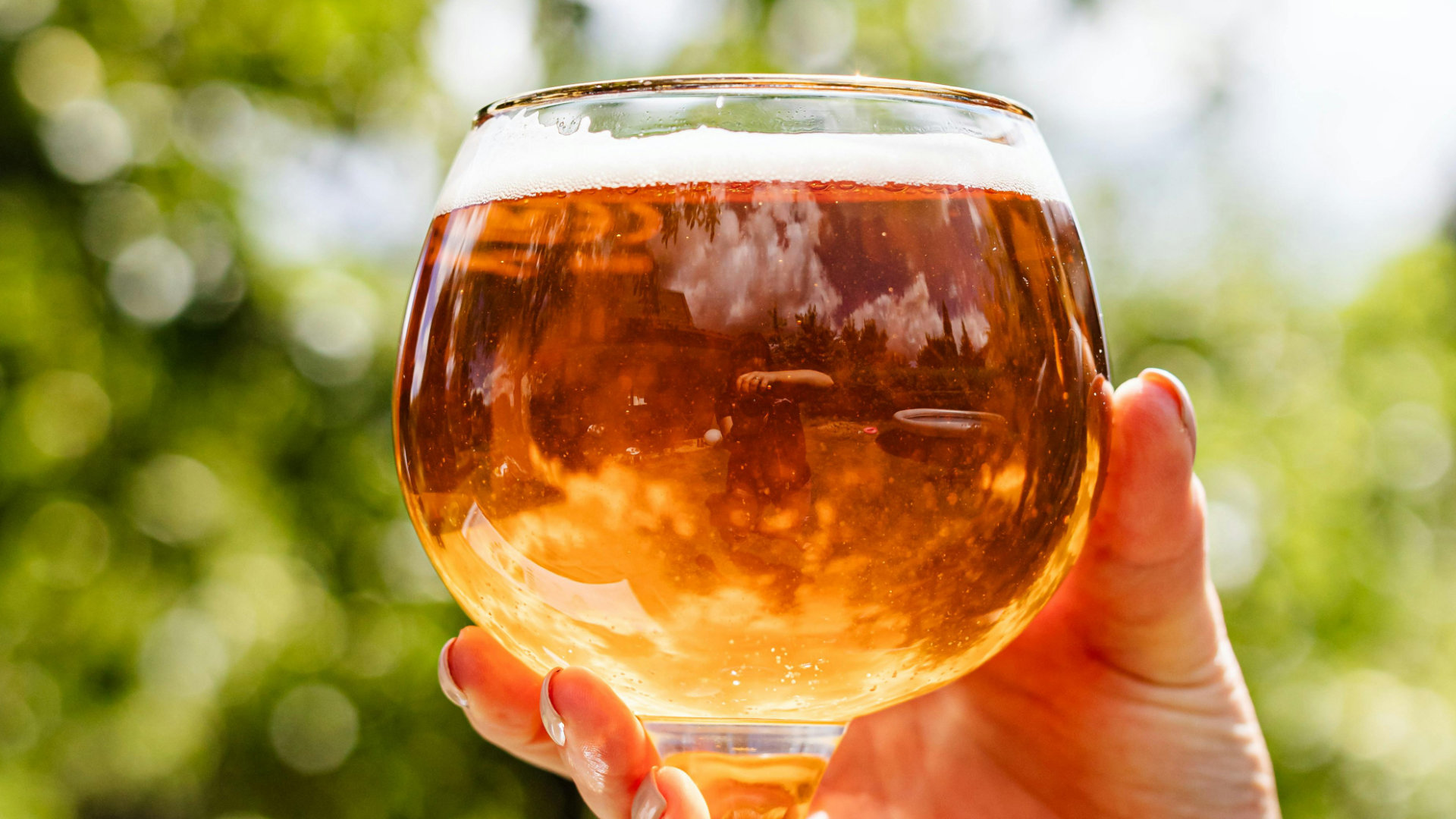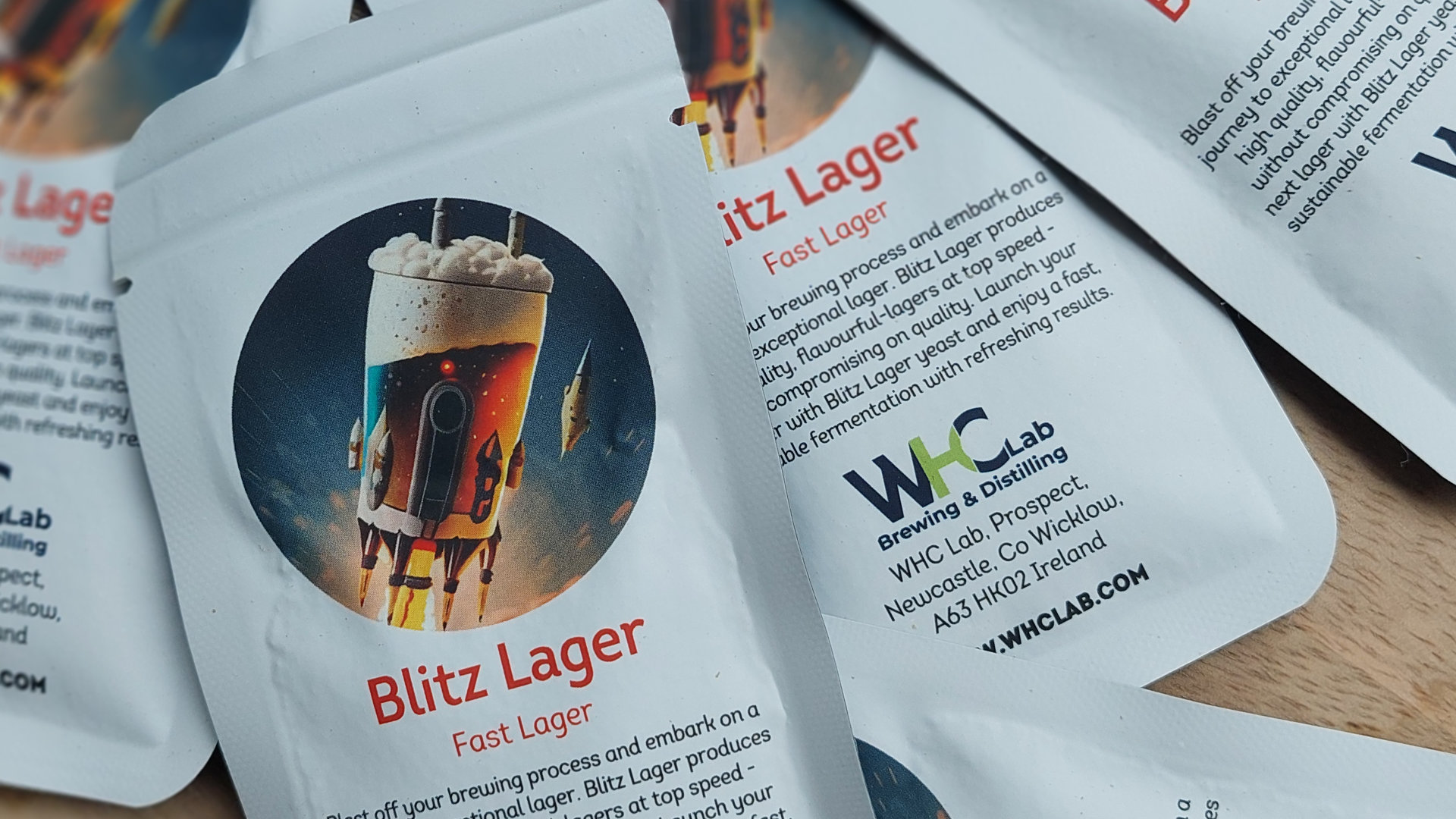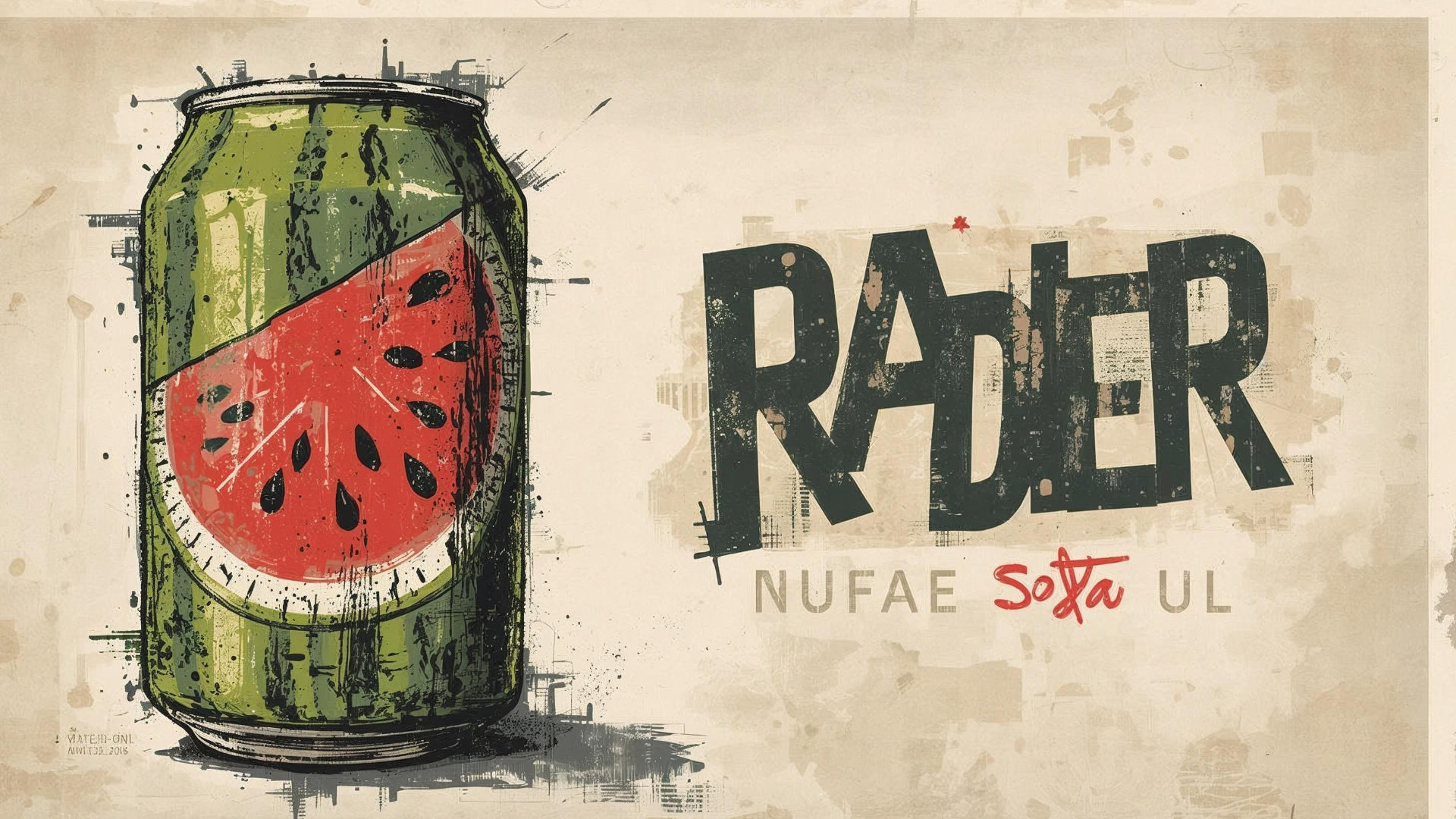We first connected with Worcestershire Homebrew Club when one of their members, Ben Lester, entered the 2024 MASHED Homebrew Tournament. They are a really active club doing very cool things, so if you’re in the county you should definitely check them out. And for the rest of us - who are members of other homebrew clubs, or who are thinking of joining one - they have lots to help inspire and refine our homebrewing. We’ll let Ben and fellow member Dan Walters tell you more…
What are the benefits of joining a homebrew club? What do you personally enjoy about it?
The biggest benefit for me is being part of a community and meeting great friends. Getting together with like-minded people once a month and talking all things homebrew. And it’s not restricted to just the one meet-up a month, we have a very active WhatsApp group, so there is always someone to answer a technical query, or share their experience on a particular brewing technique or ingredient. I also enjoy the socials we organise, brewery tours, tap room visits, hop farm walks. We have a lot of members say that being part of a club pushes the quality of the beers they are producing - having other homebrewers taste your beers ensures that you take a more precise approach to your own brewing.
“We have a lot of members say that being part of a club pushes the quality of the beers they are producingâ€
What successes have you (as a club or as individuals) celebrated this year?
We’ve had a few competition wins this year at the Welsh National Open, and a great summer social hosted by one of our members, affectionately known as ‘Dad’, but a club highlight of the year was Jamil Zainasheff, Andy Parker and John Palmer joining us on Zoom for our seventh birthday meet.
Any particular styles or techniques you would like to perfect?
Across the membership of the club we must have brewed every style in the BJCP guide...and more! We have members who are in to their German lagers and smoked beers, some in to brewing the perfect Best Bitter for their beer engine, some into wild fermentation and blending, and plenty in to their hoppy, hazy Pale Ales of course! I personally would like to crack a decent well lagered Pils for the summer and an Impy for the winter, in 2025. The ageing period involved with those styles means I always miss the boat. I’m very much a last minute brewer, but 2025 WILL be different!
Tell us about your inter-club challenges!
The inter-club challenges kicked off during COVID really. We already had a number of members who had qualified as BJCP judges, and had met other club members and judges at events like Brewcon (R.I.P!) and the various national homebrew competitions. We’d always talked about doing something with another club, a weekender or homebrew festival, something like that, but never got round to it. COVID forced our hand really, we were all locked up indoors, still brewing, but had no one to share our beers with and none of the national competitions were running. So we set up a little interclub competition with London Amateur Brewers (LAB) - eight brewers from each club paired up against each other with a random style selected for each pair. Both brewers brewed the best beer they could to the BJCP guidelines for that style, and bottled enough for every brewer in the comp to get a beer, plus three spare for independent judging. A big bottle swap (socially distanced of course!) took place in a car park halfway between Worcester and London, and over the next two months we jumped on Zoom once a week and drank a couple of the styles, compared and contrasted the two entries and generally had a good laugh!
The three independent BJCP judges outside of the Zoom nights scored the beers to give a winning club for each style. To be honest, it was never really about the competition element, it was about getting together and drinking homebrew in those weird times. It had a secondary benefit of gently pushing people to brew outside of their comfort zone - people brewed styles they’d never even drank, let alone brewed, before.
After the first comp with LAB (which we won by the way!) we did a few others with clubs from all corners of the country, culminating in a four-way comp with some very busy Zoom tastings!
“It had a secondary benefit of gently pushing people to brew outside of their comfort zoneâ€
Any tips for homebrew clubs who might want to organise a challenge?
Remember to keep it light-hearted and fun. The competition is there to give some structure and make it happen, but it’s really about the social side, meeting brewers from another club in another part of the country and trying styles of beer you might not be familiar with. Having organised quite a few now we’d be happy to offer more detailed hints and tips if people want to get in touch. We also use an App called “The Wheel of Styles†for randomly selecting who brews what style of beer.
Which of your club activities do you think are the most popular with your members?
I’d say the club nights are the most popular, they’re the backbone of the club really, meeting up with fellow homebrewers in a pub and trying whatever people have to offer that month. We also do a ‘swaps table’ at every club night: everyone brings a bottle of homebrew and puts it on the table, and all the names are put in a hat. When your name is drawn you grab a bottle you like the look of, take it away and then post a bit of a review for the brewer when you drink it! Our comparison brews are also really popular.
And the most useful for developing brewing skills?
I’d say the comparison brews are the most useful to develop us as brewers. We do a few a year, and a load of brewers get together and decide on a variable they’re interested in exploring, and then brew the same beer but adjust that variable. For example, we’re currently in the middle of tasting 12 beers from a latest hop comparison where we’ve all brewed a SMaSH beer using a different hop. It’s a great way of trying 12 different hops for only one brew day! We’ve done comparison brews for hops, malt, water treatment, yeasts, and even equipment setup over the years.
Any homebrewing trends you predict for 2025?
Hmmmm, great question. I think we’ll continue to see more and more of the modern hop products that breweries are using available at a homebrew scale, and the variety of different hop breeds available never seems to slow down! I’d like to see some more collabs between homebrewers and commercial breweries. I think the homebrew in the UK is that good, and a lot of the smaller commercial craft brewers all started in homebrewing! A continuation of available yeast to grow even further, it’s amazing the choice we have but I see the dried yeast market growing even further to allow homebrewers the choice that liquid yeast offers.
Any predictions for the commercial beer industry for the future?
I feel with the recent announcements of some significant brands being removed from the industry, the drinking public will get behind cask beer even more in 2025. We are losing beer history almost every month at the moment, so it is going to take quite a movement to stop it disappearing altogether.
Anything else you would like to add or promote?
A big shout-out to The Hop Addition Podcast, currently the only homebrewing podcast in the UK - they make some interesting content for the modern homebrewer. Also our neighbouring Homebrew Club, Midlands Craft Brewers, they cover a lot of the region so it’s worth checking them out.
As a final point, I would say don’t be nervous of joining a homebrew club, our leading founder created the club when he was still brewing extract kits, so it doesn’t matter what level you are at. The amount of information that is available in a club is amazing, it can assist you all through your homebrew journey. â–
Discover more and follow:
Website: worcestershirehomebrewclub.co.uk
Instagram: @Worcshomebrew
Facebook: facebook.com/groups/worcshomebrew
Homebrew Club Discounts at www.mashed.beer - save money on Dark Farm homebrew equipment (like the Brew Tank and UniTank), all grain brew kits and MASHED subscriptions when you buy for your homebrew club!
Email Gareth (gareth@darkfarm.co.uk) to get a sweet deal.


